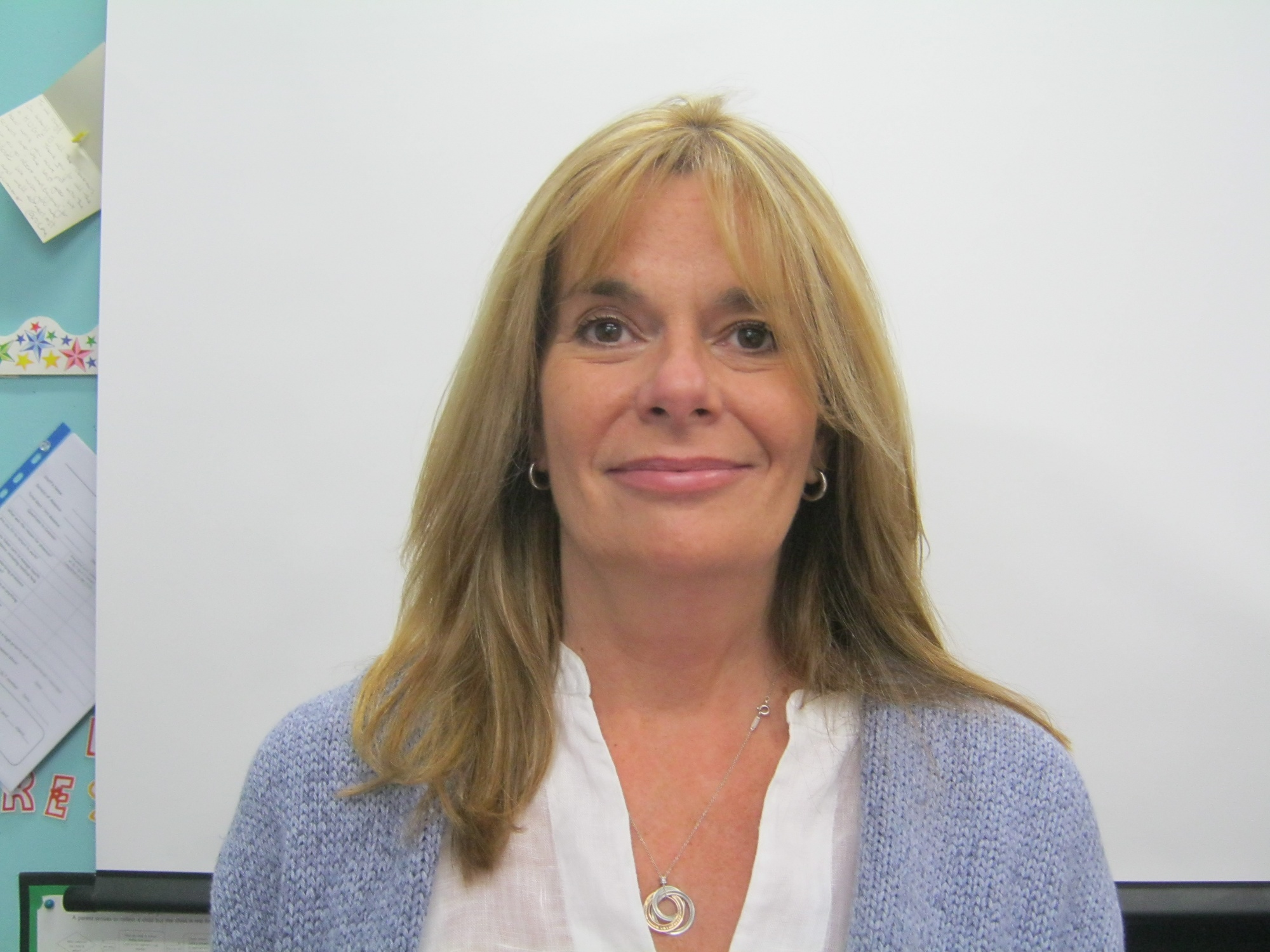Languages (French)
“Learning a foreign language is a liberation from insularity and provides an opening to other cultures. A high-quality languages education should foster pupils’ curiosity and deepen their understanding of the world. The teaching should enable pupils to express their ideas and thoughts in another language and to understand and respond to its speakers, both in speech and in writing. It should also provide opportunities for them to communicate for practical purposes, learn new ways of thinking and read great literature in the original language. Language teaching should provide the foundation for learning further languages, equipping pupils to study and work in other countries.”
Languages: Purpose of Study from the 2014 National Curriculum.
What are we trying to achieve?
The study of languages prepares children and helps make them ready to engage in an ever-changing world. At Combs Ford Primary School, the intention of our Languages curriculum is to develop an interest in learning other languages. We strive to establish the children’s acquisition and curiosity of the French language with an enjoyable and inspirational approach, and aim to embed the necessary skills of listening, speaking, reading and writing. Our objective is to develop children’s understanding of what they hear and read; but also, to gain the ability to express themselves both verbally and in writing so that they can respond and communicate with increasing fluency. The goal is to provide a curriculum which is accessible to all; which provides the excitement, enjoyment and challenge to enable all children to make progress. We also intend to develop the children’s understanding of the French culture and aim to build their ‘cultural capital’ so that they are aware of similarities and differences between cultures. We aim to deepen their connections and broaden their minds beyond the English language and culture, giving them a greater understanding of the world. In essence, we hope to instigate the desire for future language learning.
Our Languages curriculum is part of our ‘Big Ideas’ of Civilisation and Identity and Diversity and enables our children.
Our progressions of knowledge, vocabulary and skills show how our children develop their knowledge and skills in French during their time with us. These progressions also lists the French vocabulary we want our children to focus on in their lessons. Our children will learn many more words than this, but these are the key words that will help them understand French and link the knowledge they have learned to other areas of the curriculum. These documents can be found below.
How do we organise learning?
- Our Languages curriculum is designed to develop progressively skills in French. We base our teaching on the guidance material in the Rigolo scheme of work in accordance with the National Curriculum, adapting content to meet the differing abilities of our children. The Rigolo scheme encompasses a succession of units that help children acquire a bank of vocabulary arranged around various fundamental topics. These topics ensure progress is cumulative as children build on previous knowledge gained from units already studied.
- All Key Stage 2 children learn French for 45 minutes each week. This is delivered by their class teacher or an HLTA. The lessons are designed to motivate children from the outset and are generally practical in focus. They are delivered primarily through the use of the interactive whiteboard and involve a range of delivery strategies to encourage children to engage actively. These include real-life videos, animated cartoons, games, role-play and songs. Each lesson has a clear, achievable learning objective. Children with SEND have access to the curriculum through variation tasks, grouping, support from Rigolo’s ‘virtual teacher’ or the class teacher. Working displays are used and updated regularly in accordance with the unit being studied. These displays are for children to refer to and to remind them of the key vocabulary.
- Children will develop their language through the development of the four key skills of speaking, listening, reading and writing. There is an initial emphasis on listening and speaking. There is now more expectation in the National Curriculum for children to write phrases from memory and adapt these to create new sentences. They will be required to describe nouns in their writing using adjectives and expanded noun phrases.
- Lessons are made as entertaining and enjoyable as possible. We recognise that this approach serves to develop a positive attitude in children to the learning of a modern foreign language. We build children’s confidence through the use of praise for any contribution they make during lessons, no matter how tentative. Children are also moved up the Zone Board for demonstrating commitment and positive learning behaviours.
- Key Stage 1 children are introduced to languages through exploring them informally when studying other countries.
- We also have a focus on French outside the classroom. This includes: signs displayed around the school in French to help children learn the names of different areas; French language books in classrooms and the library; whole-school celebration of European Day of Languages on 26th September; Christmas and Easter; and assemblies related to French celebrations, such as Bastille Day. It is our aim that this will make language learning more meaningful and give it a purpose.
- Teachers assess French throughout lessons using ‘assessment through learning’ and checklists of the learning objective and success criteria. This enables teachers to plan and adapt for future lessons
Our French Curriculum Overview (below) shows the units of work our children will experience during their time with us.
How well are we achieving our aims?
- Children enjoy and take an active part in lessons, and make progress as they move through the school.
- We have fostered a ‘safe’ climate for learning, meaning that children feel able to ‘have a go’, supported by both their peers and teachers.
- Children are able to communicate at a basic level with each other in the French language. They are able to hold simple conversations and understand an increasing range of vocabulary.
- Children are aware that language has structure, and that the grammatical conventions differ from one language to another.
- Children appreciate how language skills can be applied to a range of languages including their own.
- Children understand how languages compare and learn the origins of some of our English words.
- Children will develop their language through the four key skills of speaking, listening, reading and writing.
- Children are assessed in speaking, listening, reading and writing. We measure the impact through discussions and children being able to apply knowledge to wider areas of the curriculum. Books demonstrate the progress that children make. Positive teacher feedback encourages and motivates children further.
- Children enrich their language learning by developing understanding of culture and applying their cultural understanding in society.
- They gain the language learning skills which provide them with good foundations for further learning in their secondary schools.
Subject Leader: Mrs Vicki Berry
Page reviewed on 20/10/24 by VB and KJD.

